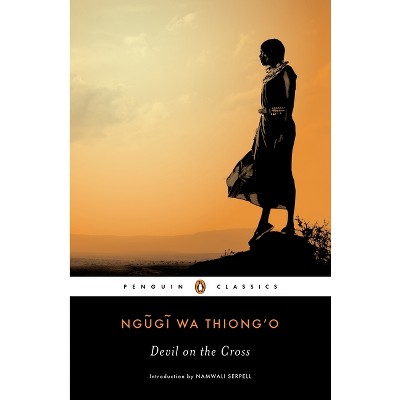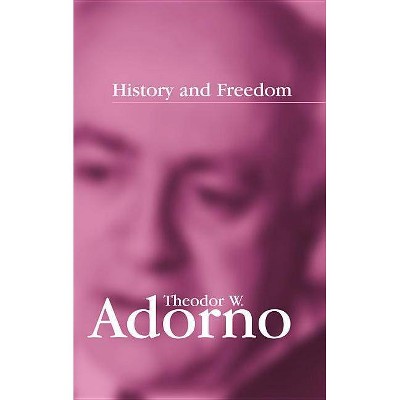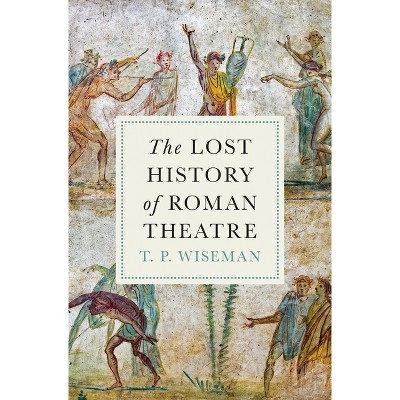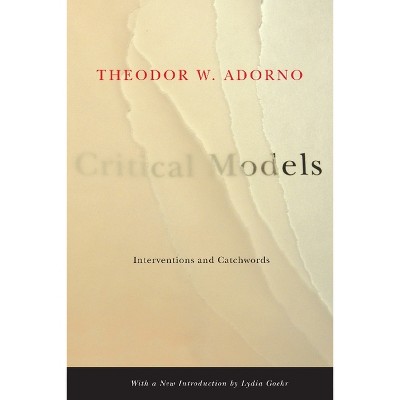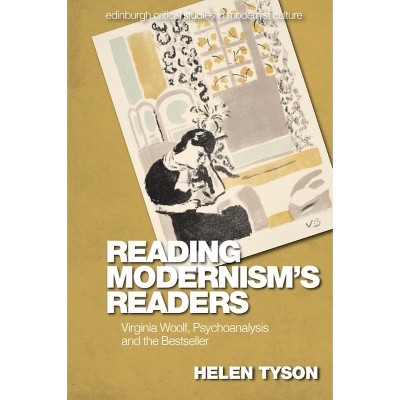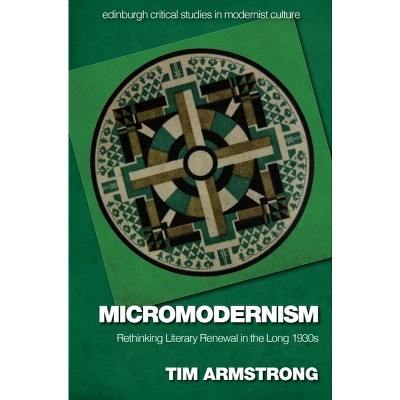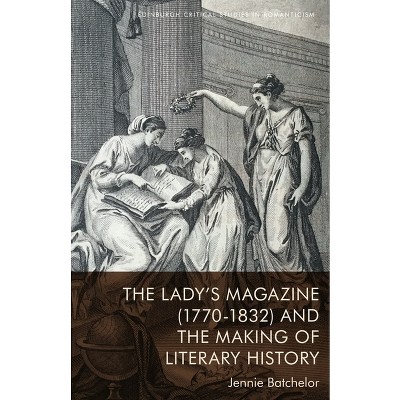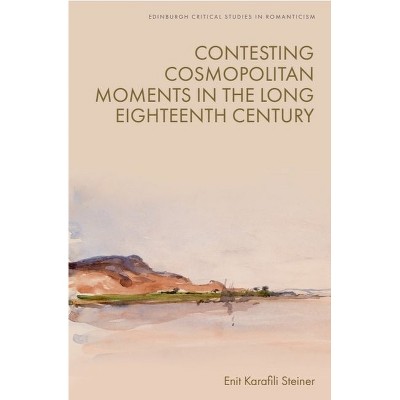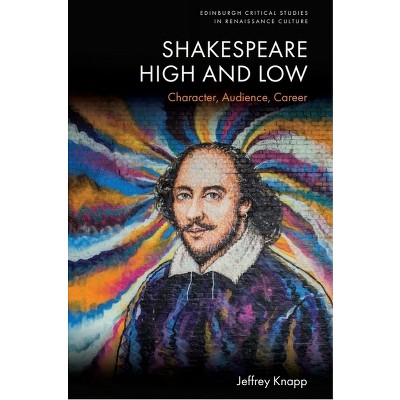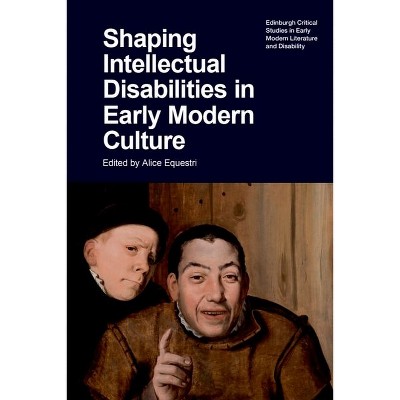Sponsored

Asbestos - The Last Modernist Object - (Edinburgh Critical Studies in Modernist Culture) by Arthur Rose (Paperback)
In Stock
Sponsored
About this item
Highlights
- Few modern materials have been as central to histories of environmental toxicity, medical ignorance, and legal liability as asbestos.
- About the Author: Arthur Rose is a Senior Research Fellow at the University of Exeter.
- 256 Pages
- Literary Criticism, Modern
- Series Name: Edinburgh Critical Studies in Modernist Culture
Description
About the Book
Presents the first extended account of asbestos in literature, film and visual culture.
Book Synopsis
Few modern materials have been as central to histories of environmental toxicity, medical ignorance, and legal liability as asbestos. A naturally occurring mineral fibre once hailed for its ability to guard against fire, asbestos is now best known for the horrific illnesses it causes. This book offers a new take on the established history of asbestos from a literary critical perspective, showing how literature and film during and after modernism responded first to the material's proliferation through the built environment, and then to its catastrophic effects on human health. Starting from the surprising encounters writers have had with asbestos--Franz Kafka's part ownership of an asbestos factory, Primo Levi's work in an asbestos mine, and James Kelman's early life as an asbestos factory worker--the book looks to literature to rethink received truths in historical, legal and medical scholarship. In doing so, it models an interdisciplinary approach for tracking material intersections between modernism and the environmental and health humanities. Asbestos - The Last Modernist Object offers readers a compelling new method for using cultural objects when thinking about how to live with the legacies of toxic materials.From the Back Cover
Presents the first extended account of asbestos in literature, film and visual culture Few modern materials have been as central to histories of environmental toxicity, medical ignorance, and legal liability as asbestos. A naturally occurring mineral fibre once hailed for its ability to guard against fire, asbestos is now best known for the horrific illnesses it causes. This book offers a new take on the established history of asbestos from a literary critical perspective, showing how literature and film during and after modernism responded first to the material's proliferation through the built environment, and then to its catastrophic effects on human health. Starting from the surprising encounters writers have had with asbestos - Franz Kafka's part-ownership of an asbestos factory, Primo Levi's work in an asbestos mine, and James Kelman's early life as an asbestos factory worker - the book looks to literature to rethink received truths in historical, legal and medical scholarship. In doing so, it models an interdisciplinary approach for tracking material intersections between modernism and the environmental and health humanities. Asbestos - The Last Modernist Object offers readers a compelling new method for using cultural objects when thinking about how to live with the legacies of toxic materials. Arthur Rose is a Senior Research Fellow at the University of Exeter.Review Quotes
This is an ambitious, original approach to matters of literary representation which involves an ethical, and even a personal, testimonial commitment to the appreciation of the larger implications of the literary issues at stake. Rose's aim in writing his book - "to use literary criticism to think seriously about asbestos's use" - offers a real challenge to its readers: The problematics of asbestos is seen not merely as a motif in 20th- and 21st-century literature, film and visual culture - during and after modernism - but also as the crux of social and scientific matters. Rose's analyses "alert us to intersections between asbestos and larger issues related to mass migration, climate change, plastic proliferation, racial injustice and toxic legacies." This study is very closely argued and rich in critical insights, and it places Anglo-American modernist literature in a broad international perspective with a range of reference which is important, surprising and eye-opening. A fantastic read for everyone interested in material intersections between modernism and the environmental and health humanities.-- "2024 ESSE Book Prize for Cultural and area studies in English"
Framed around the global history of asbestos, Rose uses literary texts, tropes, characters and creators to deepen our understanding of a culture of asbestos in new and often surprising ways. Rose's multidisciplinary approach shows how deeply culturally-embedded the mineral was - and remains - through his sophisticated and innovative scholarship.
--Jessica van Horssen, Leeds Beckett UniversityThis surprising and original history of asbestos offers a compelling investigation of the material as a modernist object. The book shows us what literary criticism can do differently in attending to material life, giving us accounts of various historical, literary, and biographical accounts of literary figures' encounters with asbestos, but also a reckoning with a family history of South African asbestos mining. [...] Rose shows how paying extraordinarily minute literary critical attention to one single material - its history, its associations, its rich potential for narrative - can cast light on swathes of cultural history; Asbestos - The Last Modernist Object offers a fascinating movement between medical, personal and literary spaces.--MSA Book Prize
About the Author
Arthur Rose is a Senior Research Fellow at the University of Exeter. He is the author of Literary Cynics: Borges, Beckett, Coetzee (Bloomsbury, 2017), and a co-editor of Theories of History (Bloomsbury 2018) and Reading Breath in Literature (Palgrave 2019).
Shipping details
Return details
Frequently bought together
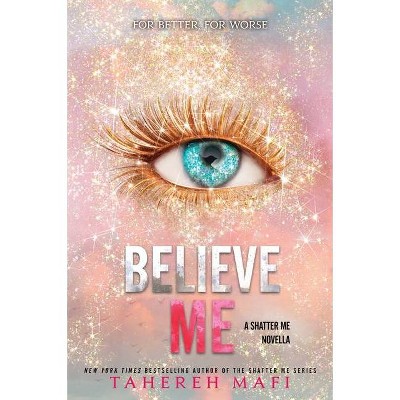
Trending Book Deals






